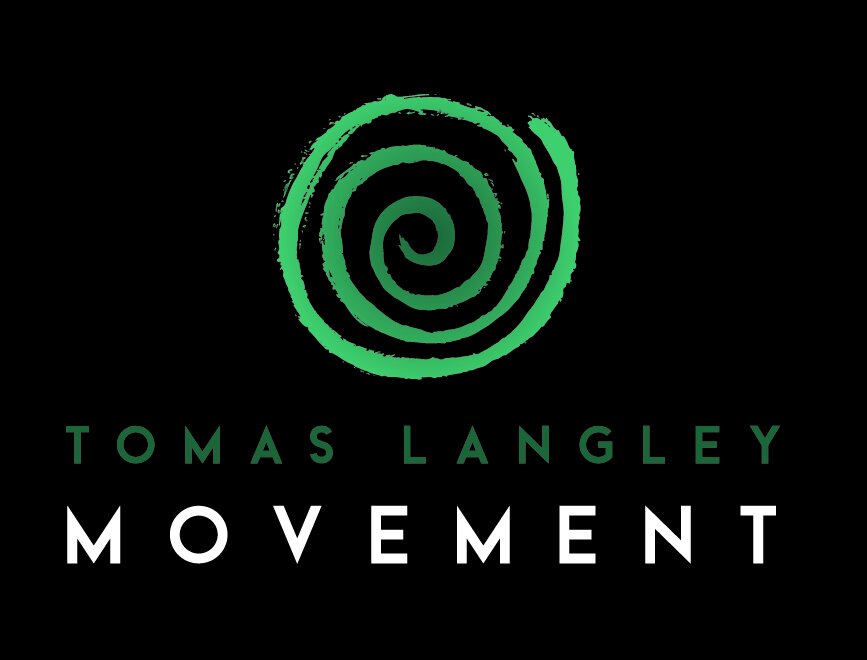Knowledge is power. Or so the saying goes.
This is misleading. By itself, knowledge isn't useful. More knowledge isn't always better.
What really generates the power of 'knowledge' is acting on that knowledge.
Does it feel like you don't know enough or have enough information to get started?
You can get some perspective on your own knowledge by asking yourself this question: how do I know what I know?
If you 'know' something to be true, find out why you 'know' that.
Maybe you know that 'carbs are bad' because your Dad said so when you were a child. Have you enquired any further than that? How did he know 'carbs are bad'? Suddenly something you 'know' might seem less true.
Time to create some knew knowledge!
How do you create knowledge?
Sometimes it feels like your knowledge is just there. But it's not.
You construct knowledge. You're constantly assembling the puzzle from the things you perceive to create knowledge.
So, as you make your way through the world, constructing your knowledge of it; keep these questions in mind:
- So what? What’s important, useful, and/or valuable about this information I’m getting?
- How can I use this information to help right now?
- Which information is actually helpful, and which is not? If you don't know, ask yourself how would you be able to tell the difference between helpful and unhelpful information?



